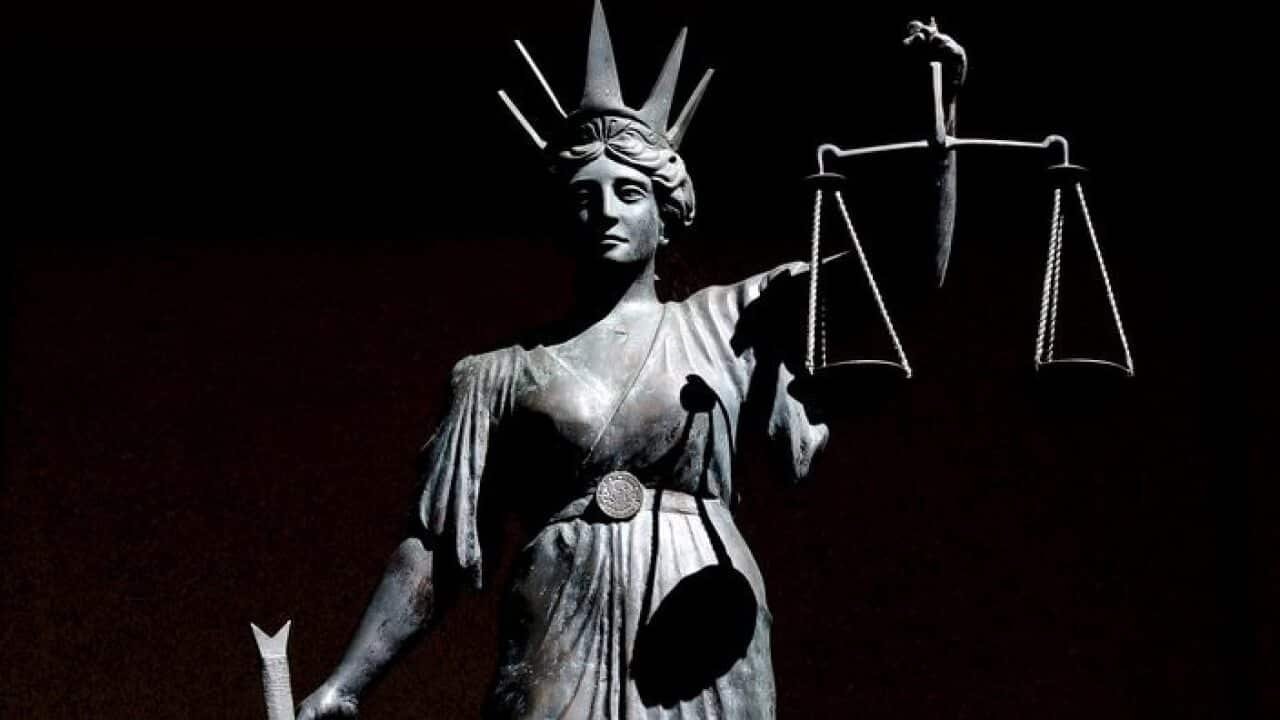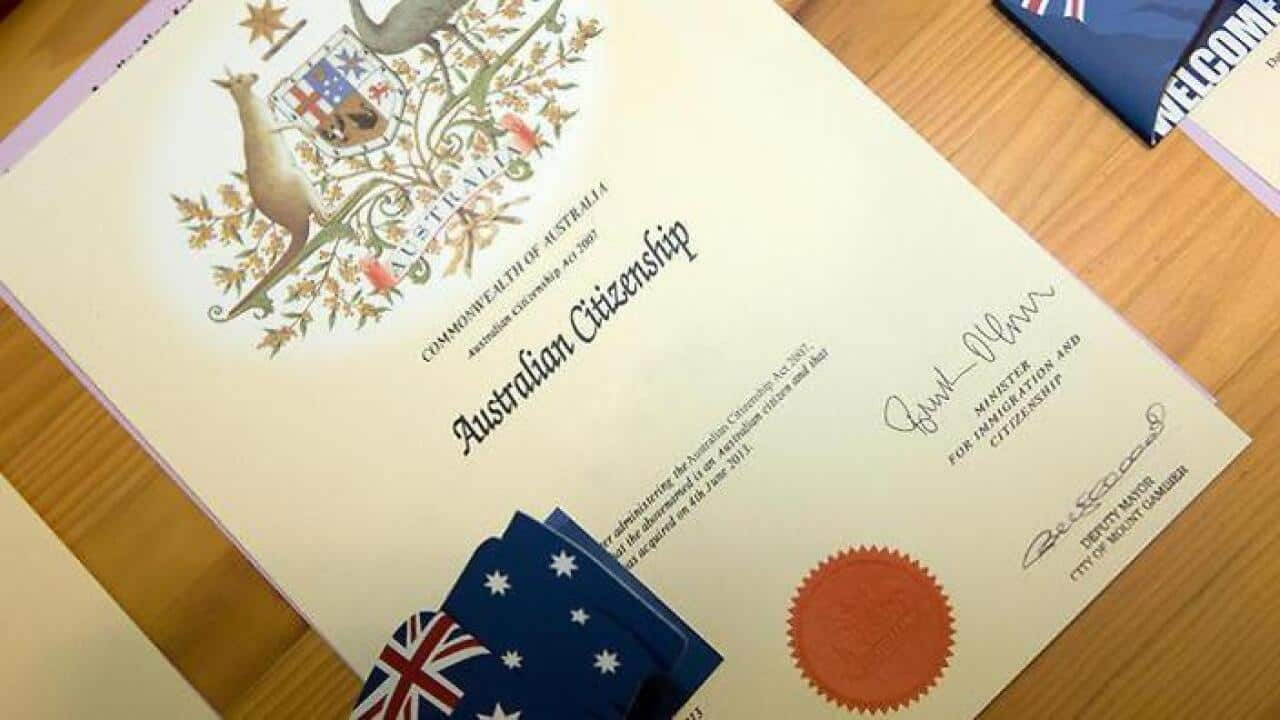57-year-old Charanjit Singh hasn’t set foot in Australia since he left the country in 1994 after serving a four-year jail sentence in South Australia. Meanwhile, his Australia-based wife and two children, including a 16-year-old disabled son whom he hasn’t met in the last eleven years, have had their lives unwittingly caught up in his criminal past.
Last month, the Administrative Appeals Tribunal refused Mr Singh’s appeal for granting a partner visa after his June 2015 application was turned down by the Department of Home Affairs due to Mr Singh’s criminal past.
In December 1991, Mr Singh had been drinking at a hotel in Renmark with three mates before he threatened, physically assaulted and raped a 15-year-old girl in the back seat of a car while his companions encouraged him.
The Supreme Court of South Australia sentenced Mr Singh to eight years imprisonment in March 1993. He was also convicted and sentenced to 12 months imprisonment in May 1994 for assaulting a man with a hockey stick after his victim had a dispute with Mr Singh’s friends over money.
Mr Singh had overstayed his visa in Australia after arriving here on a visitor visa in 1988. He voluntarily left the country after his release from jail in August 1997 and married Ms Kaur* whom he had met in Melbourne, in March of the following year in India.
The Tribunal heard that Mr Singh’s 16-year-old son is severely disabled and requires 24-hour medical care. He is totally dependent on his mother for care -- the requirement for which is only increasing. Quoting Ms Kaur’s psychologist’s letter, her lawyer told the Tribunal that she had a “fragile mental state” and that it’s extremely important for her to reunite with her husband, otherwise, she would “suffer tremendously”. Mr Singh’s 19-year-old daughter said what he did was “disgusting” but told the Tribunal that she has struggled without her father in the family. However, she said not allowing her father to reunite with the family will have a devastating effect on them.
Mr Singh’s 19-year-old daughter said what he did was “disgusting” but told the Tribunal that she has struggled without her father in the family. However, she said not allowing her father to reunite with the family will have a devastating effect on them.

USA, New Jersey, Jersey City, Judges gavel Source: Tetra images RF
“My father is not here ... I’m afraid that if my father is not allowed to come I may not have a mother either,” she told the Tribunal.
The AAT acknowledged that refusing Mr Singh’s visa application would have a “detrimental impact” on his family, “causing severe hardship, particularly upon his wife’s mental health, which is finely balanced.”
But the Tribunal noted that Ms Kaur married her husband after he was released from jail following his crimes.
“It seemed highly unlikely that Ms Kaur would have ever been given an assurance that her husband would be granted a visa to return to Australia at any time, given the serious nature of the crimes he had committed,” AAT Member Anna Burke said.
Mr Singh’s lawyer, Christopher Levingston told the AAT that his crimes had occurred 25 years ago and a number of referees said that he was a changed man.
'Life sentence' for the family
Before his 2015 partner visa application, Mr Singh’s previous attempt at a family reunion in 2003 failed with the Full Court of the Federal Court of Australia affirming the decision to refuse him a visa.
A close family friend Karan Kahlon says Ms Kaur and both of her children were hopeful that Mr Singh would be allowed to come to Australia this time.
“He [Mr Singh] hasn’t re-offended in the last 25 years and he has proven that his rehabilitation is definite. He’s been able to show that the incident that happened is something he is completely responsible for but he has also done his time for.
“So, that was the idea that it has been 25 years plus [since Mr Singh’s crime], in the light of the extreme exceptional needs of the family that the outcome this time would be different,” Ms Kahlon told SBS Punjabi. She says since the AAT decision, the family isn’t “coping at all”.
She says since the AAT decision, the family isn’t “coping at all”.

File image. Source: AAP
“Ms Kaur had a small glimmer of hope that she had been holding on to get through each day for the last 10-12 years, that has disappeared now,” says Ms Kahlon.
“Apart from the judicial sentence, there’s a life-long sentence that each member of the family has been subjected to.”
She said Ms Kaur has tried self-harm more than once during the last six months and her current metal mental state puts her and her safety at a great risk.
Risk “not unacceptable”
Immigration lawyer Christopher Levingston who represented Mr Singh at the AAT says considering the time passed since Mr Singh’s crimes, his rehabilitation and remorse, he should have been granted a visa.
“The policy direction talks in terms of ‘unacceptable risk’. In this case, the risk was not unacceptable having regard to the effluxion of time. I have previously won other cases involving cases of murder and drug importation,” he told SBS Punjabi.
He says the hardships facing the family, particularly the health issues of the son, coupled with Mr Singh’s remorse and 25 years of clean record should have all “operated in favour of an approval” of his visa.
Though Ms Burke said there were some considerations for granting Mr Singh’s visa, the community expectations and consideration for its protection “weighed heavily” in favour of the refusal of Mr Singh’s visa.
“The evidence indicates that Mr Singh’s past serious offending in Australia demonstrates an inability to conform to the rule of law,” Ms Burke said while refusing Mr Singh’s appeal.
Mr Levingston says since there’s no “evident error" in law applied by the AAT, Mr Singh’s family may not be able to appeal against the judgement. However, his family is contemplating starting a petition for a special intervention by the Immigration Minister.





